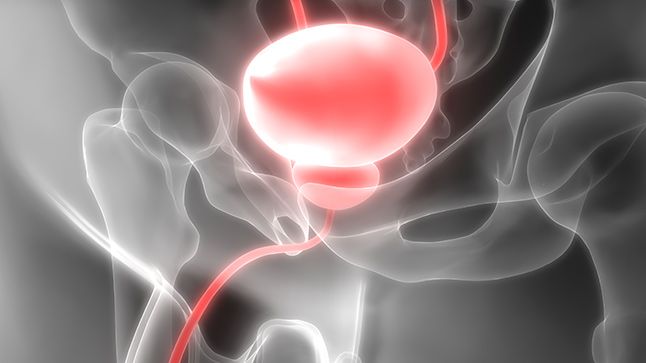Dexamethasone Sparing with Cisplatin-Based Chemotherapy Does Not Significantly Impact QoL
Dexamethasone sparing in cisplatin-based chemotherapy did not impair global health status, although it did worsen nausea and appetite loss.
Dexamethasone sparing in cisplatin-based chemotherapy did not impair global health status, although it did worsen nausea and appetite loss, according to patient-reported outcome findings from the phase 3 SPARED trial (UMIN000032269) presented at the 2022 Multinational Association of Supportive Care in Cancer Annual Meeting.
The global health status assessed by the EORTC QLQ-C30 questionnaire was slightly higher in the arm that received dexamethasone on day 1 only (arm D1) compared with the arm that was treated with dexamethasone on days 1 through 4 (arm D4; P = .38). Patients in the 2 arms also scored similarly on the symptom scales in terms of fatigue (P = .17), pain (P = .19), dyspnea (P = .81), insomnia (P = .41), diarrhea (P = .26), and financial difficulties (P = .96). Additionally, the 2 arms were close on the functional scales evaluating emotional (P = .75), cognitive (P = .13), and social (P = .42) wellbeing.
However, appetite loss by the EORTC QLQ-C30 scale was worsened in arm D1 compared with arm D4 (P < .01). The overall no nausea rate was 62.32% vs 50%, respectively (P = .04). Among patients with a nausea numeric rating scale (NRS) score of at least 1, the overall severity of nausea favored arm D1 (P = .04). In patients with significant nausea (NRS > 3), the overall rates were more closely aligned between the 2 arms (P = .29).
The overall no vomiting rate was very similar between the 2 arms: 94.93% and 94.12%, respectively (P = .77).
Dexamethasone is a steroid which is often administered to patients about to undergo high-emetogenic chemotherapy in order to prevent chemotherapy-induced nausea and vomiting. However, frequent dexamethasone administration is associated with hyperglycemia and reduced bone density.
The SPARED trial therefore evaluated patients who underwent treatment with at least 50 mg/m2 of cisplatin-based chemotherapy, were aged 20 to 74 years, had a solid malignant tumor diagnosis, an ECOG performance score of 1 or less, and had no nausea and vomiting. Participants were randomized 1:1 to arm D4 (n = 139) or arm D1 (n = 139). Patients in arm D4 received dexamethasone on days 1 through 4 and arm D1 was treated with dexamethasone on day 1. Both arms also received neurokinin-1 receptor antagonist on day 1, palonosetron on day 1, and 5 mg of olanzapine on days 1 through 4.
Web-based questionnaires were used to evaluate nausea/vomiting PRO-CTCAE and QLQ C-30 on day 0. The web-based nausea/vomiting PRO-CTCAE/CTCAE questionnaire was also completed on days 2 through 6. After discharge on days 7 and 8, the QLQ C-30 paper questionnaire was filled out by patients.
The primary end point of the trial was complete response rate in delayed phased. Secondary end points included no nausea/no vomiting rates, nausea severity, quality of life by EORTC QLQ-C30, and adverse events by CTCAE v4.0 and PRO-CTCAE.
The baseline patient characteristics were well balanced between the D4 and D1 arms; the median age was 63 years (range, 35-74) and 64 (range, 25-74), respectively. Most patients in both arms were males (68.3% vs 69.8%), had an ECOG performance status of 0 (77.0% vs 76.3%), and did not undergo concurrent radiotherapy (63.3% vs 64.7%).
Esophageal (40.3%), head and neck (23.0%), lung (18.0%), gastric (7.2%), and others (11.5%) were the primary tumors in arm D4. Comparatively, the primary tumor sites in arm D1 were esophageal (38.1%), head and neck (26.6%), lung (20.1%), gastric (4.3%), and others (10.8%).
Study authors concluded that further analyses are still warranted to better select suitable patients for dexamethasone sparing.
Reference
Iihara H, Makuuchi M, Kawaguchi T, et al. Patient-reported outcomes with dexamethasone sparing in CDDP-based chemotherapy: a randomized, placebo-controlled, phase III study (SPARED trial). Poster presented at: Multinational Association of Supportive Care in Cancer Annual Meeting; June 23-25


